A laboratory for the real world
The new MSc programme in Science, Technology and Policy offered at ETH Zurich aims to equip natural scientists, engineers and architects with the necessary skills in order to provide academic support for and help shape political, economic and social decision-making processes.
Straight from university into the world of political, economic and social decision-making processes: this is the core idea behind the new MSc programme in Science, Technology and Policy. Over the course of three semesters, engineers, natural scientists and architects will acquire basic knowledge of the structures and processes within the fields of politics, the economy and society. They will learn how to systematically evaluate decisions using scientific methods and thus contribute to addressing key social challenges. The degree programme aims to help ETH graduates better apply their knowledge of natural sciences, engineering or architecture to decision-making processes regarding major issues for the future, such as urban development, energy, sustainability and information and communications technology.
The degree programme is part of a new Institute
The Master’s degree programme is part of the overall concept of the newly formed Institute of Science, Technology and Policy (ISTP), ETH Zurich’s new interdepartmental platform. It is an important component in ETH’s Critical Thinking Initiative. The ISTP aims to facilitate intensive and continuous cooperation between the areas of natural sciences, engineering and social sciences.
Professor of Political Science Thomas Bernauer is the Director of the ISTP and Reza Abhari, Professor of Energy Technologies, is Deputy Director. Professors Hubert Klumpner (Architecture), Timothy Roscoe (Computer Sciences) and Andreas Wenger (Security Studies) are also members of the Institute’s Executive Board.
“To date, the USA is the only country in the world with something similar,” says Bernauer. The Massachusetts Institute of Technology (MIT) and Carnegie Mellon University have similar institutes, for example. However, Bernauer is convinced that interdisciplinary skills will become increasingly sought after in future, and he is not alone in this view.
The ISTP was a joint initiative developed by over twenty ETH professors. “Everyone,” he explains, “wrote a letter and we presented our idea to the Executive Board of ETH Zurich in autumn 2014 with a business plan that we had prepared jointly.” They were well received and the development of the Institute and the degree programme was approved. Both the Institute and the degree programme have an initial four-year pilot phase. Each of the founders will dedicate around 20 percent of their time to ISTP activities – in addition to their current academic work and teaching.
Institute has its own revamped building
In order to ensure that the interdisciplinary exchange is part of daily life and does not just take place within the domain of teaching, the Executive Board of ETH Zurich has granted the new Institute its own building. From summer 2015, the ISTP will be based at Universitätsstrasse 41. Until then, the rooms will be reorganised under the guidance of Hubert Klumpner, architect and ETH Professor of Architecture and Urban Design.
The building aims to reflect the new school of thought and will have an open design to facilitate communication. Klumpner is one of the Institute’s founders and says: “The ISTP is, to some extent, a laboratory in which the students will be prepared for real-life challenges.”
Six core courses will provide the students with a foundation of how institutions and decision-making processes function within the areas of politics, the economy and society. They will also learn how to use scientific methods to evaluate solutions to complex social problems based on a range of criteria.
This knowledge will then be consolidated using case studies on specific social challenges and in the Master’s thesis. Based on a large number of discussions with decision-makers in business, politics and civil society, Bernauer believes that the graduates from this new degree programme will be highly sought after in the private and public sectors as well as in NGOs and international organisations.
Aimed at natural scientists and engineers
Applicants for the new degree programme must either have a Bachelor’s degree in architecture, engineering or natural sciences and have completed two semesters of a Master’s degree in one of these areas. Alternatively, anyone interested in applying can also register after completing a Master’s degree at ETH Zurich or EPFL.
Those who choose the first option may, upon completion of the three-semester MSc in Science, Technology and Policy, return to their original Master’s degree programme and complete it after one or two semesters. As a general rule, the MSc Science, Technology and Policy graduates will therefore gain a dual qualification.
The Institute’s Executive Board
-
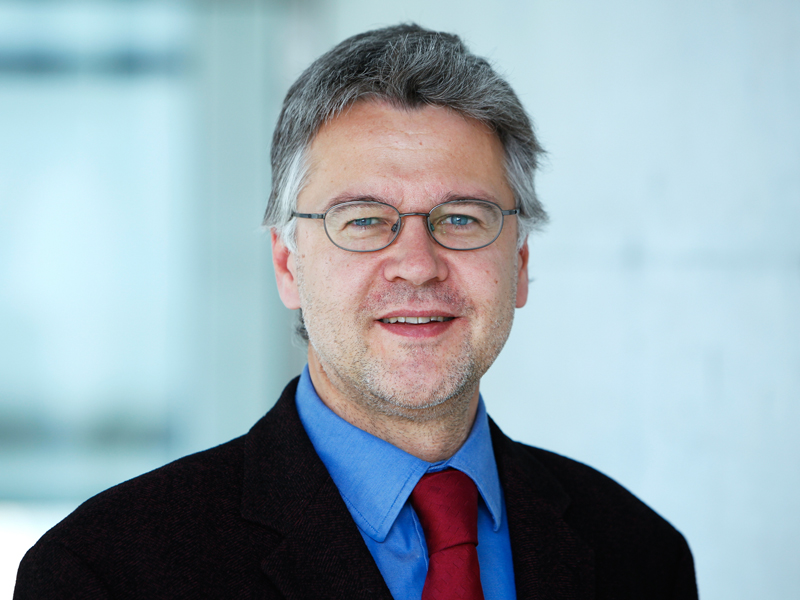
Thomas Bernauer, Director of the ISTP, Political Science. (Photo: ETH Zurich / Giulia Marthaler) -
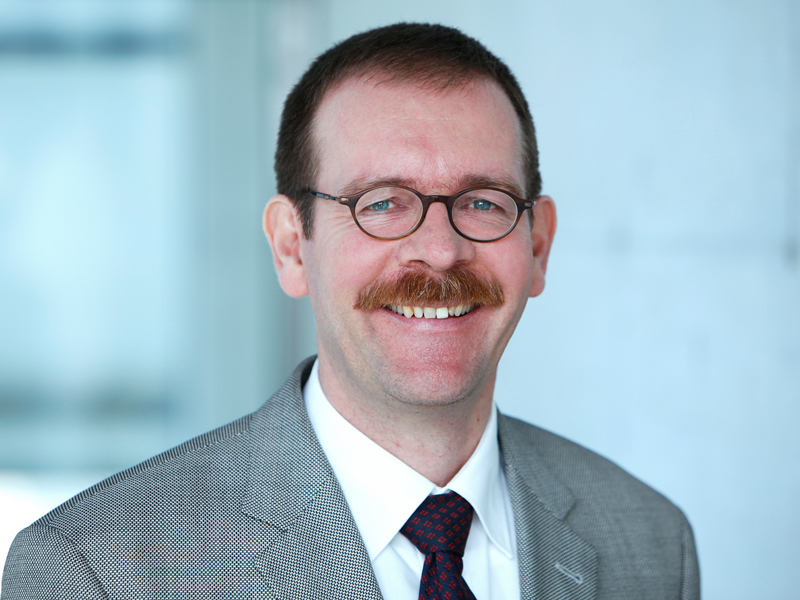
Andreas Wenger, Security Studies. (Photo: ETH Zurich / Giulia Marthaler) -
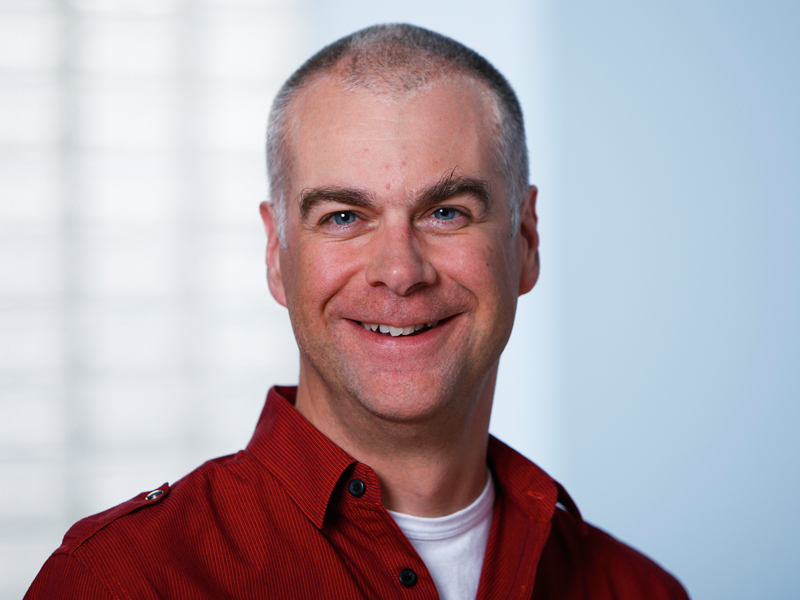
Timothy Roscoe, Computer Sciences. (Photo: ETH Zurich / Giulia Marthaler) -
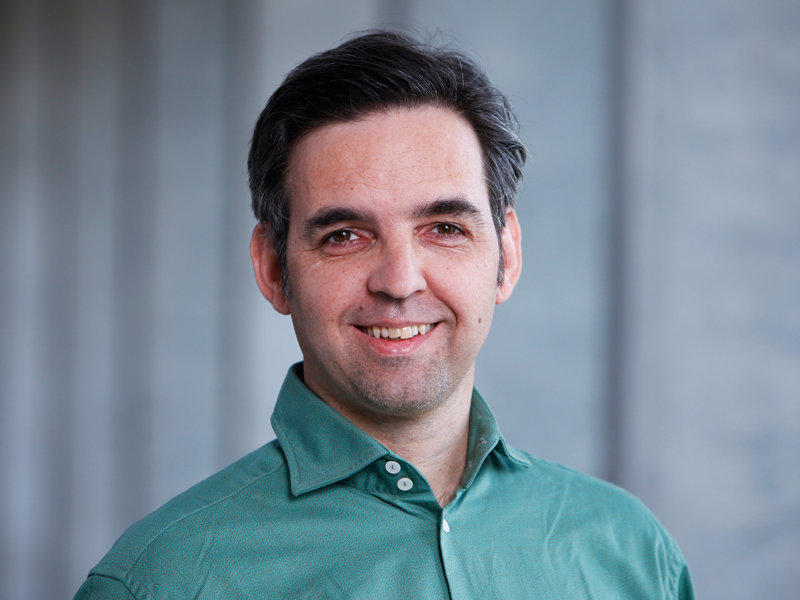
Hubert Klumpner, Architecture and Urban Design. (Photo: ETH Zurich / Giulia Marthaler) -
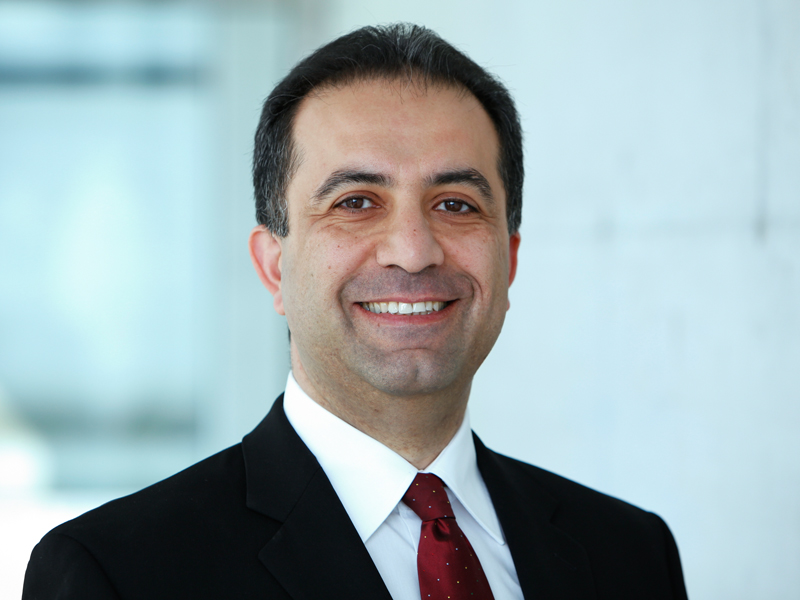
Reza Abhari, Deputy Director of the ISTP, Energy Technologies. (Photo: ETH Zurich / Giulia Marthaler)
Apply by the end of March
If you would like to take part in the Master’s degree programme, you can apply from 1 March to 31 March 2015. The programme starts in September 2015 and will be taught in English.
Further information on the application process and information on the ISTP is available at: www.istp.ethz.ch.

Comments
No comments yet